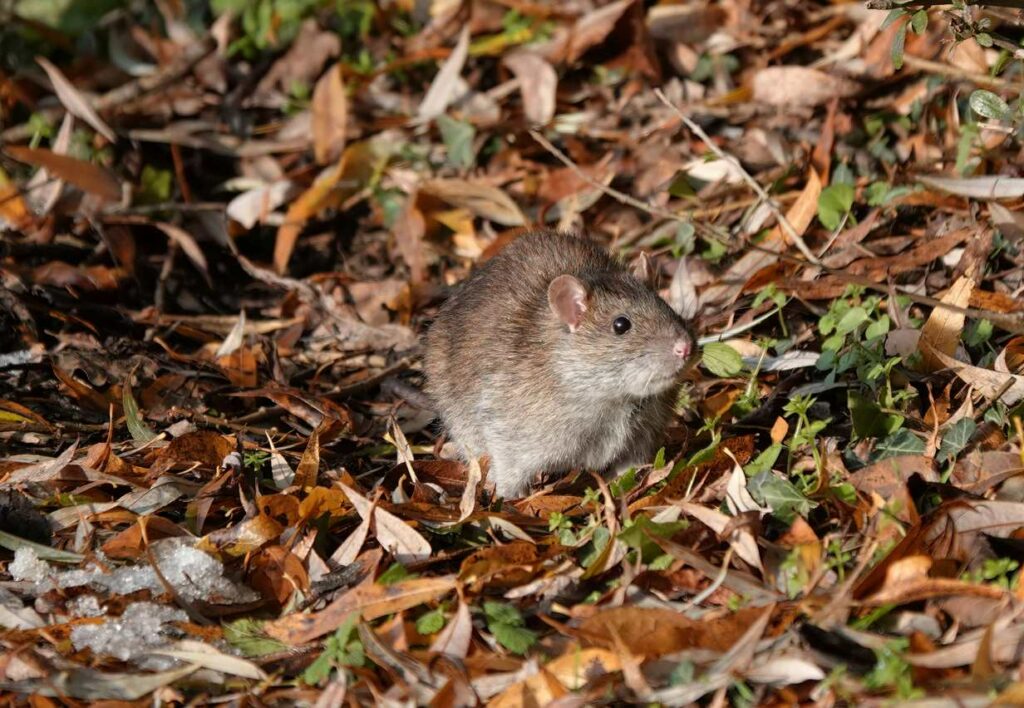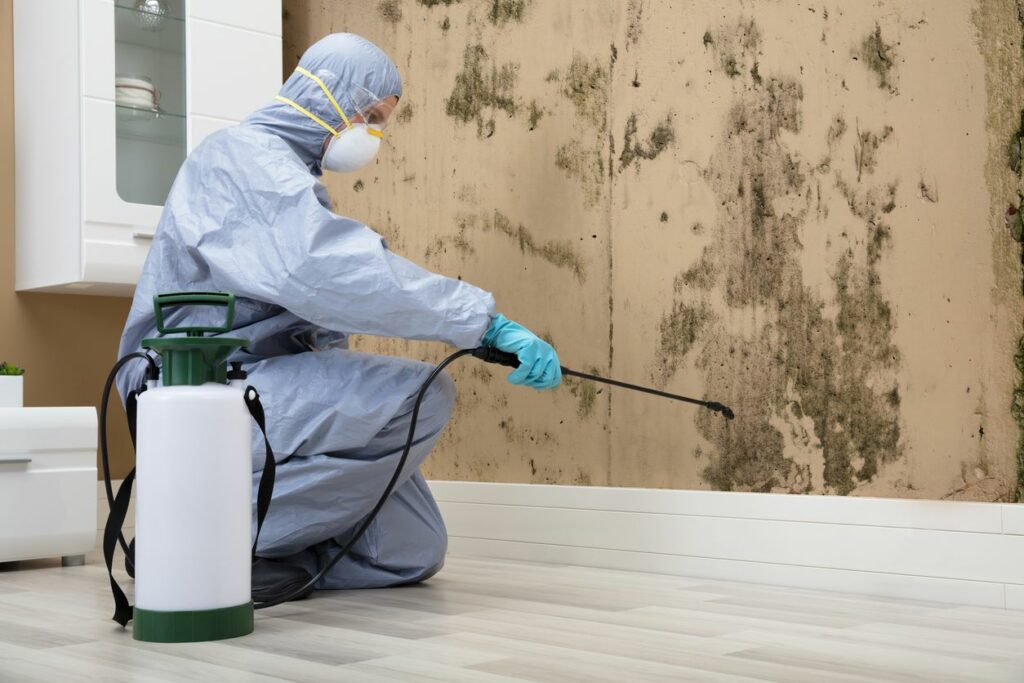Seasonal Pests in Washington State
As winter settles into the picturesque landscapes of Washington, so do some unwelcome guests. Common pests seek refuge from the cold in our homes. Understanding the types of pests that tend to thrive during this season and being proactive in pest management can go a long way in preventing infestations in your living space.
In this guide,Brooks Pest Control will delve into the common pests in Washington and explore effective strategies for identifying, preventing, and controlling infestations during the winter months.
Common Pests in Washington State
When it comes to pests in Washington, a variety of critters can become unwelcome visitors, especially during the winter. From rodents to insects, it’s essential to be aware of the common pests in the region and the potential problems they can pose to your home.
Rodents in Washington
Rodents such as mice and rats are notorious for seeking shelter indoors when temperatures drop. Washington’s colder months drive these pests to find warmth and food sources within our homes. Signs of a rodent infestation include gnawing marks, droppings, and scratching noises in walls or ceilings.
Ants in Washington
While ants are a concern throughout the year, winter can drive them indoors in search of food and shelter. Common household ants like odorous house ants and pavement ants may become more prevalent. Look out for ant trails, particularly in the kitchen, and small piles of wood shavings near nesting sites.

Cockroaches in Washington
Cockroaches, such as the German cockroach, can be a year-round problem in Washington. However, they may become more noticeable in winter due to their increased indoor activity. Cockroaches leave behind droppings, a musty odor, and shed skin. Dark, warm spaces are their preferred hiding spots.
Spiders in Washington
Washington is home to various spider species, and some, like the hobo spider, may seek refuge indoors during colder months. While most spiders are harmless, their presence can be unsettling. Keep an eye out for webs, especially in corners, and take precautions if you notice venomous spiders.
Fleas in Washington
Fleas can be a concern for pet owners year-round, but they may become more problematic in winter due to increased time spent indoors. Keep an eye on your pets for signs of itching and scratching, and regularly vacuum and wash pet bedding to minimize flea populations.
Ticks in Washington
Ticks are not only a concern for outdoor enthusiasts, as they can also find their way into homes. Check yourself and your pets for ticks after spending time outdoors, and be vigilant for signs of a tick infestation, such as tiny, dark specks or actual ticks on furniture or carpets.
Mosquitoes in Washington
While mosquitoes may seem like a summer woe, certain species can thrive in winter. Standing water, often found in clogged gutters or stagnant containers, provides a breeding ground for mosquitoes. Take steps to eliminate standing water to reduce mosquito populations around your home.
Washington Pest Control
Identifying pests is the first step toward effective pest control. Washington state pest identification can help you tailor your approach to the specific pests common in your region. Once you know what pests to watch out for in Washington, consider implementing the following practical tips for pest prevention and control.
Seal Entry Points
Inspect your home for potential entry points and seal any gaps or cracks in walls, windows, and doors. Rodents and insects can exploit even the smallest openings, so a thorough inspection is crucial.

Maintain a Clean Environment
Regular cleaning is a key component of pest prevention. Clean up crumbs, spills, and food debris promptly. Pay attention to high-risk areas like the kitchen and pantry, and store food in airtight containers. Schedule regular inspections of your home’s interior and exterior, and clean storage areas, basements, and crawl spaces to minimize hiding spots for pests.
Reduce Standing Water
Eliminate standing water around your property to deter mosquitoes and other pests. Ensure that gutters are clear, fix leaks promptly, and empty containers that can collect rainwater.
Store Firewood Away From the House
If you use firewood, store it away from the house. Piles of firewood near the home can become hiding spots for pests, providing them easy access indoors.
Consult With Pest Control Professionals
If you notice signs of an infestation or want to take a proactive approach, consider consulting with pest control professionals. They can assess your home, identify potential problem areas, and implement targeted solutions.
Use Pest-Resistant Materials
Utilize pest-resistant materials when applicable for construction and storage. For example, consider using sealed containers for storing items in the attic or basement to prevent rodent access.
The Importance of Proactive Pest Management
Taking a proactive approach to pest management is essential for maintaining a pest-free home in Washington. Rather than waiting for signs of an infestation, implement preventive measures to create an inhospitable environment for pests. Regular maintenance, cleanliness, and awareness of common pests in the region are key elements of a successful pest management strategy.
By understanding the types of pests that thrive in Washington during the winter months, you can tailor your efforts to address specific challenges. Remember, an integrated approach that combines prevention, identification, and targeted control measures is the most effective way to keep your home pest-free throughout the changing seasons.
Stay vigilant, and take the necessary steps to protect your home from the common pests that may attempt to make it their winter retreat. If you find yourself with a pest problem or want to be proactive, contact Brooks Pest Control immediately for your pest control needs.